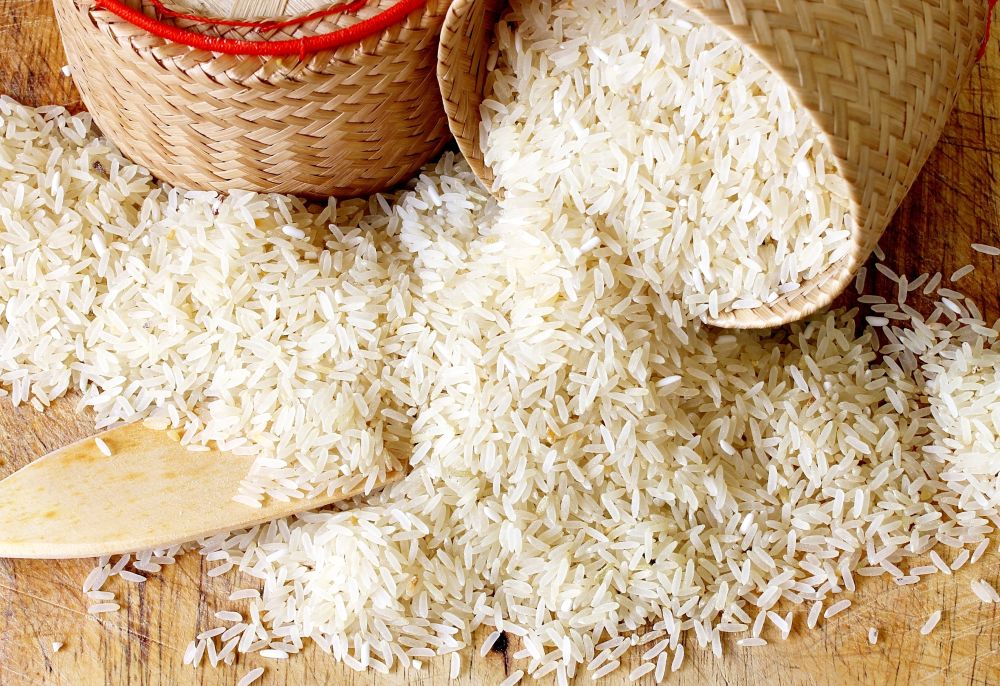The Global Food Crunch: Will Rice Be Next?

In the most recent Capital Letter I have written about how disruptions caused by the war in Ukraine were triggering export bans by some food-producing nations (and risked triggering more), something made more dangerous by the way that, in a era of global food markets, the aim of self-sufficiency had been replaced by specialization. That works very well until it doesn’t.
Rice may be India’s next food protectionism target after it restricted wheat and sugar exports, analysts say, a move that could have a devastating impact on global food security as it’s an important staple.
India’s curbs on wheat and sugar exports sent shock waves through global markets as it marked an escalation in food protectionism that’s seen countries choke off flows of locally-grown supplies to the world. A similar move on rice by the No. 1 exporter at a time when crops like wheat and corn are soaring would threaten to plunge millions more into hunger and boost inflation risks.
India is the world’s largest exporter of rice (accounting for about 40 percent of global trade).
An export ban still seems unlikely, at least for now There’s plenty of rice in the country, but it seems that the government will also be watching carefully what happens to the rice price (inflation has risen sharply in India, and is running at an eight-year high). Price appears to have been a major factor in India’s decision to introduce export restrictions on wheat (where a heatwave is hitting output, adding domestic to international pressure).
If India does restrict exports, it will add to the growing global food crunch.
Rice has been the one staple grain that’s helping to keep the world food crisis from getting worse. Unlike wheat and corn, which have seen prices skyrocket as the war in Ukraine disrupts supplies from a major breadbasket, rice prices have remained subdued due to ample production and existing stockpiles.
That outlook can change if India decides to curb rice exports. It may spur other countries to follow a similar playbook, as it did during the 2008 food crisis, when Vietnam also restricted rice shipments.
Thailand and Vietnam should jointly raise rice prices to boost their bargaining power in the global market, according to Thai premier Prayuth Chan-Ocha, a move that threatens higher food costs for consumers worldwide.
Such a step will benefit millions of rice farmers in the two countries who have struggled with rising costs while prices of the grain have remained subdued, Prayuth’s spokesman Thanakorn Wangboonkongchana said in a statement. Vietnam’s Deputy Agriculture and Rural Development Minister Tran Thanh Nam met with Thai officials Thursday to discuss a framework for cooperation.
For now, there is enough rice in the market to suggest that, even if the two countries try to increase prices in a coordinated move, they are likely to struggle, but that, of course, would change if India changed its position.
ANDREW STUTTAFORD is the editor of National Review‘s Capital Matters.
Tags: Ukraine, exports, corn, rice, sugar, wheat, India, inflation, hunger, food security, export bans, global food markets, food protectionism, global trade
Read also
Couldn’t attend BLACK SEA GRAIN.KYIV? Catch up with the insights – get the e...
Another batch of Ukrainian grain was delivered to Sudan
Grain harvest in Russia in 2024 may drop to 135-136 mln tons due to drought
The 21st International Conference BLACK SEA GRAIN.KYIV took place in Kyiv on April...
Sunflower oil production in the world is growing and “breathing down the neck” of ...
Write to us
Our manager will contact you soon











